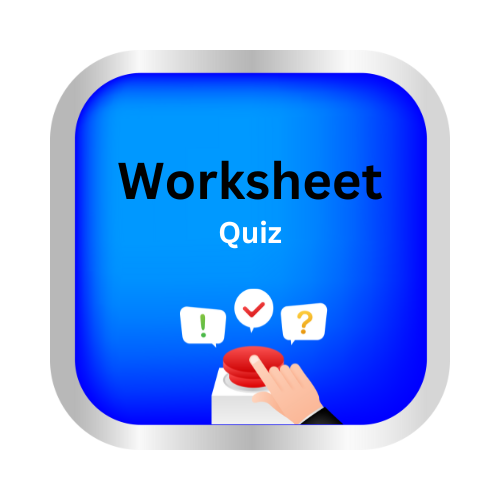Choose between personal and reflexive pronouns
Key Notes:
🌟 Personal and Reflexive Pronouns 🌟
| Personal Pronouns 👦👧👨👩 |
Definition: A personal pronoun is a word that replaces a noun (person, animal, or thing) in a sentence.
Purpose: Avoids repetition of names.
- Examples: I, you, he, she, it, we, they
| Person | Singular | Plural |
|---|---|---|
| 1st person | I | We |
| 2nd person | You | You |
| 3rd person | He/She/It | They |
💡 Example Sentences:
- I like chocolate. 🍫
- They are playing football. ⚽
| Reflexive Pronouns 🔄 |
- Definition: A reflexive pronoun refers back to the subject of the sentence.
- Purpose: Shows that the subject does something to itself.
- Examples: Myself, yourself, himself, herself, itself, ourselves, yourselves, themselves
💡 Example Sentences:
- I made myself a sandwich. 🥪
- She taught herself to draw. 🎨
- They enjoyed themselves at the party. 🎉
| Key Differences ⚡ |
| Feature | Personal Pronouns 👤 | Reflexive Pronouns 🔄 |
|---|---|---|
| Refers to | Subject or object | The subject itself |
| Used for | Talking about someone/something | Action done to oneself |
| Examples | I, you, he, we, they | Myself, yourself, himself |
| Tips to Choose Correctly ✅ |
Ask yourself: Is the action done to the subject itself?
- Yes → Use reflexive pronoun 🔄
- No → Use personal pronoun 👤
Look at the sentence: Who is doing it? Who is receiving it?
Remember: Reflexive pronouns always end with -self or -selves.
| Quick Examples ✨ |
- She hurt herself while playing. 🏃♀️ (reflexive)
- She is my friend. 💕 (personal)
- We enjoyed ourselves at the park. 🌳 (reflexive)
- We are going to the zoo. 🦁 (personal)
Let’s practice!🖊️

